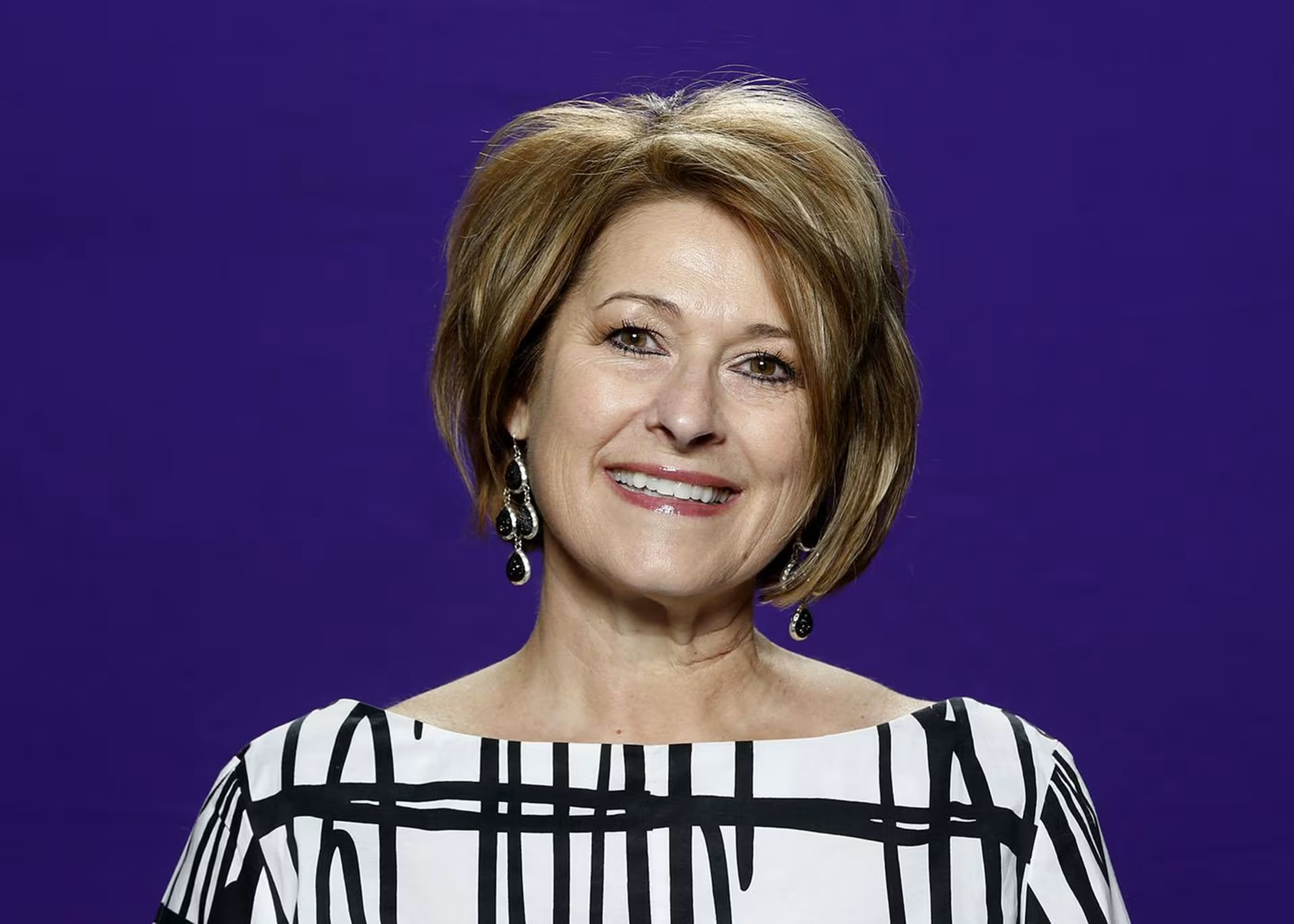Author Details
Kathryn Scott, MEd
<p>Director for the Department of Strategic Educational Alliances</p>
Biography
Kathryn Scott currently serves as a director for the department of Strategic Educational Alliances at Grand Canyon University. In her position, she creates and facilitates learning opportunities and service programs for K-12 students, educators, parents and the greater school community across the nation. As a director, she oversees an Arizona School Public Relations Association (ASPRA) award-winning campus visitation program called Thunder Vision, aimed at students in third through eighth grades. She continually produces professional development programs locally and has supported sessions in 18 different states.
Serving for more than 35 years in education, her former experience at Paradise Valley Unified School District included teaching elementary students in fourth through eighth grades, working as a media specialist, serving as an alternative high school teacher and working as a district technology integration facilitator and project-based learning coach. She was also an adjunct faculty member for Arizona State University, teaching new media and curriculum design. Kathryn is a firm believer in building confidence in one’s ability, establishing a foundation for future independent learning.
Faculty Spotlight Questions:
After retiring from the Paradise Valley Unified School District, I was a technology consultant for a short time. Soon after, a friend revealed to me that a position for professional development was available in the department of Strategic Educational Alliances. I thought with my teaching background and 10 years of creating technology learning opportunities I was suited for the job. I guess GCU thought so too because the rest is history!
Break down the classroom walls! Engage and motivate your students to collaboratively share with others outside of your classroom. We are preparing our students for a world different from ours. Incorporate relevant inquiry-learning activities that require collaborative problem-solving. Encourage your students to use technology tools to create examples of their new learning and share with a broader audience.
Be yourself. Don’t be afraid to say “I don’t know. Let’s find that answer together!”
Have fun. Don’t take yourself so seriously. Laugh with your students!
Serving for more than 35 years in education, her former experience at Paradise Valley Unified School District included teaching elementary students in fourth through eighth grades, working as a media specialist, serving as an alternative high school teacher and working as a district technology integration facilitator and project-based learning coach. She was also an adjunct faculty member for Arizona State University, teaching new media and curriculum design. Kathryn is a firm believer in building confidence in one’s ability, establishing a foundation for future independent learning.
Faculty Spotlight Questions:
After retiring from the Paradise Valley Unified School District, I was a technology consultant for a short time. Soon after, a friend revealed to me that a position for professional development was available in the department of Strategic Educational Alliances. I thought with my teaching background and 10 years of creating technology learning opportunities I was suited for the job. I guess GCU thought so too because the rest is history!
Break down the classroom walls! Engage and motivate your students to collaboratively share with others outside of your classroom. We are preparing our students for a world different from ours. Incorporate relevant inquiry-learning activities that require collaborative problem-solving. Encourage your students to use technology tools to create examples of their new learning and share with a broader audience.
Be yourself. Don’t be afraid to say “I don’t know. Let’s find that answer together!”
Have fun. Don’t take yourself so seriously. Laugh with your students!
All Articles by Kathryn Scott, MEd



